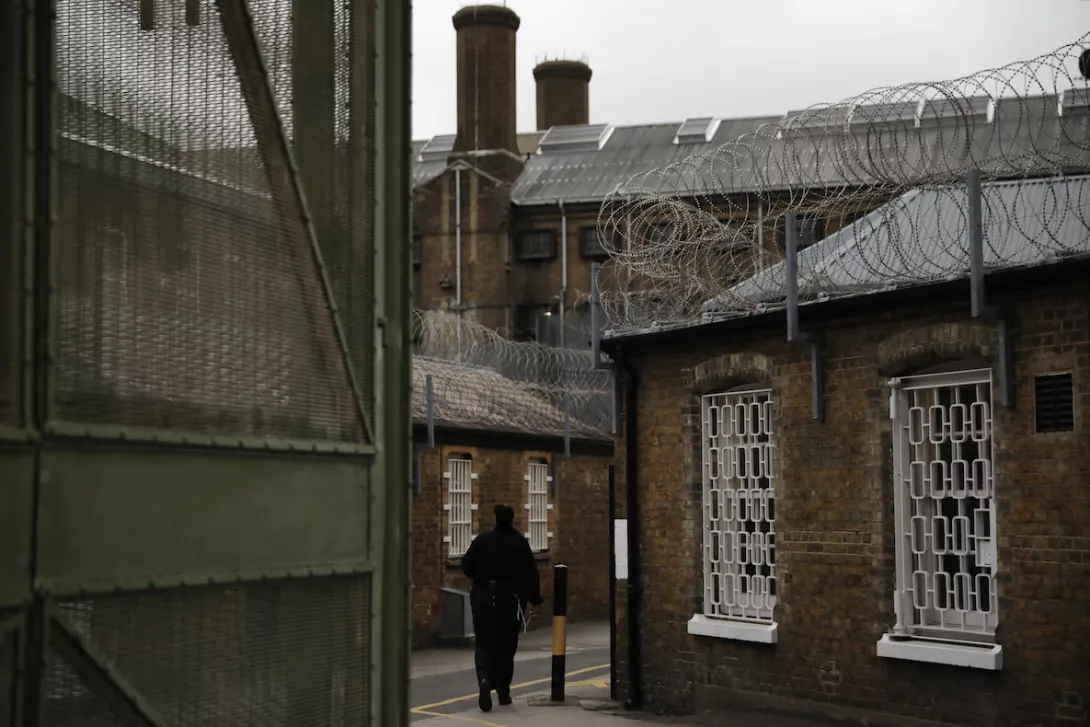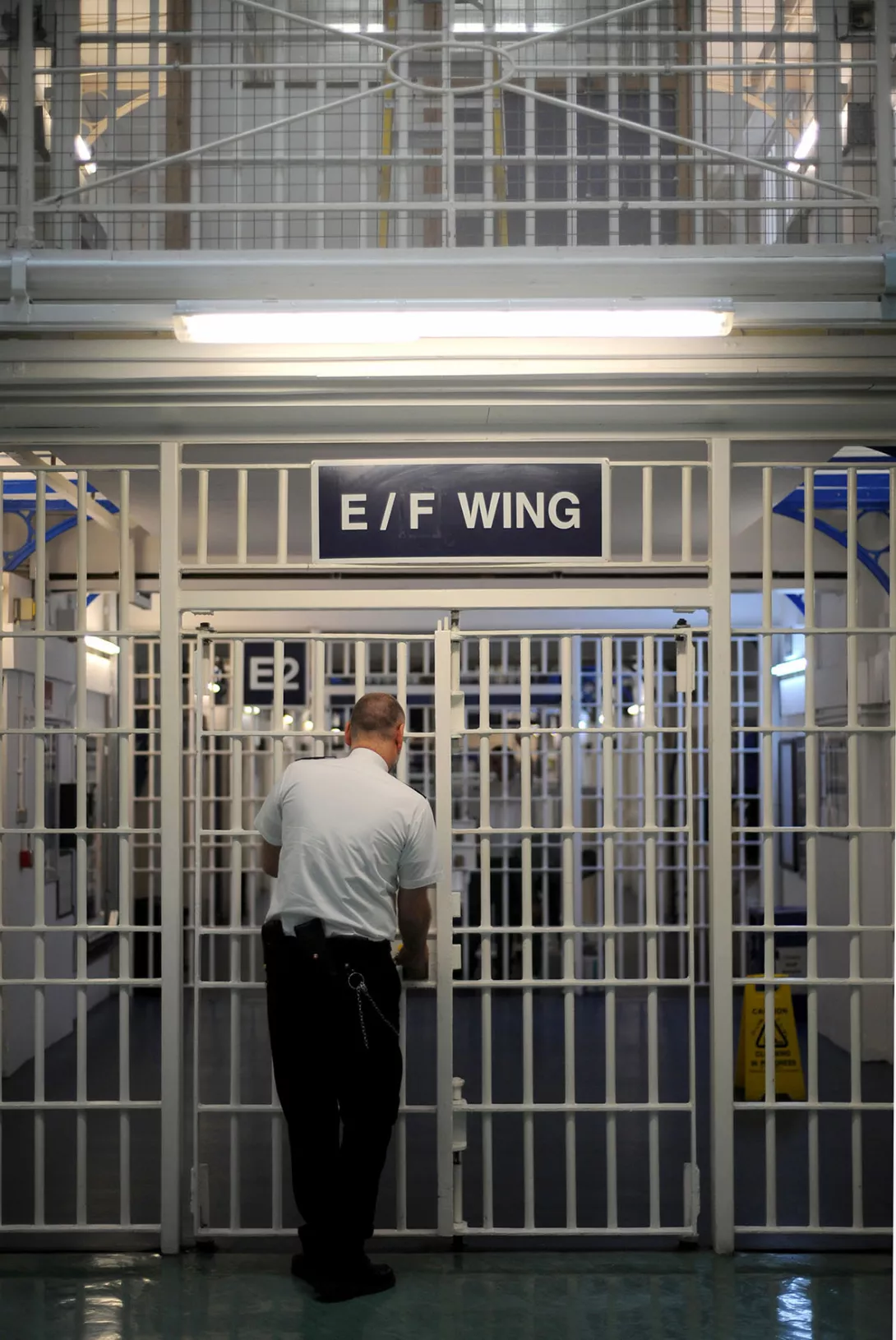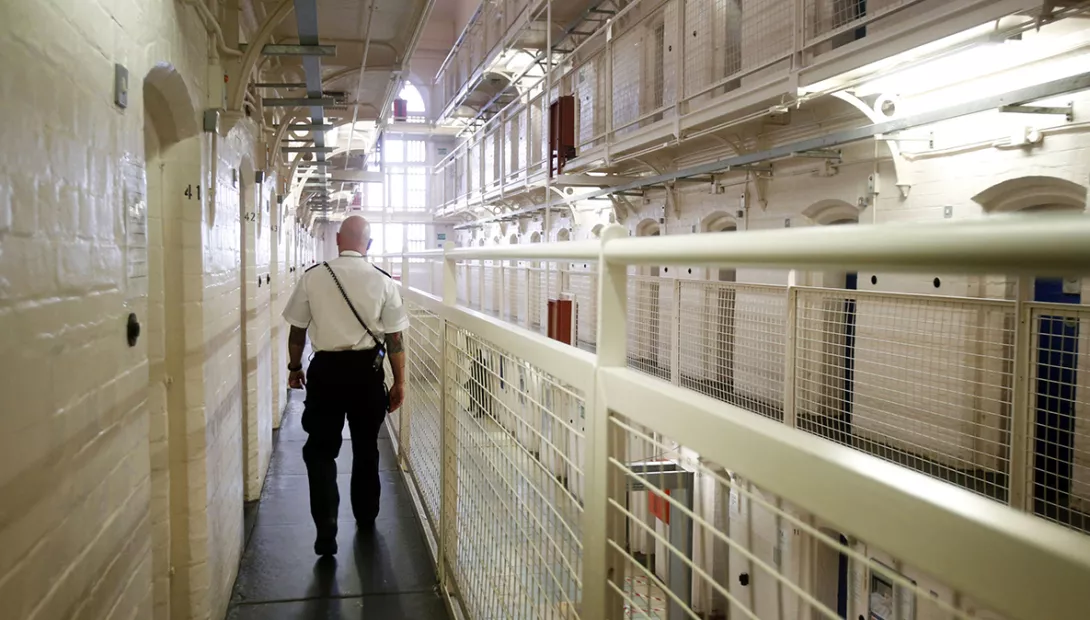The proxy war in Ukraine is heading to a denouement with the US and Russia dividing the spoils while the European powers stand bewildered by events they have been wilfully blind to, says KEVIN OVENDEN
Labour in opposition promised reform on IPPs and joint enterprise sentencing – let’s get started!
Action for justice is needed as there are currently 3,000 prisoners behind bars under ‘Imprisonment for Public Protection,’ even though this type of sentence was abolished in 2012, argues KIM JOHNSON MP
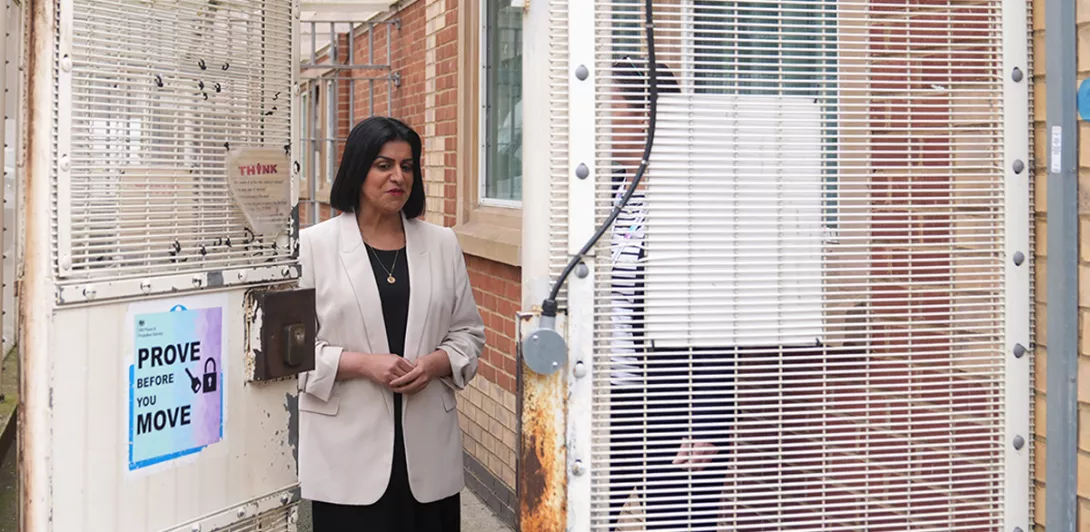
BARELY two weeks since Labour swept to power, prison reform and the desperate need to tackle overcrowding has swept the headlines.
Justice Secretary Shabana Mahmood has warned of the “total collapse” of the prison system and a “total breakdown of law and order” if urgent action is not taken. Thousands of prisoners are now due to be released early at the start of September.
All this shows there’s no time like the present to get started with some progressive reforms that will put an end to historic miscarriages of justice, improve the role and outcomes of the criminal justice system, and end the systemic overcrowding of prisons.
More from this author

Despite cruel US sanctions, Cuba continues to offer global humanitarian aid and support peace processes, writes KIM JOHNSON MP, urging others to follow Unison’s lead in practical solidarity with the besieged socialist island
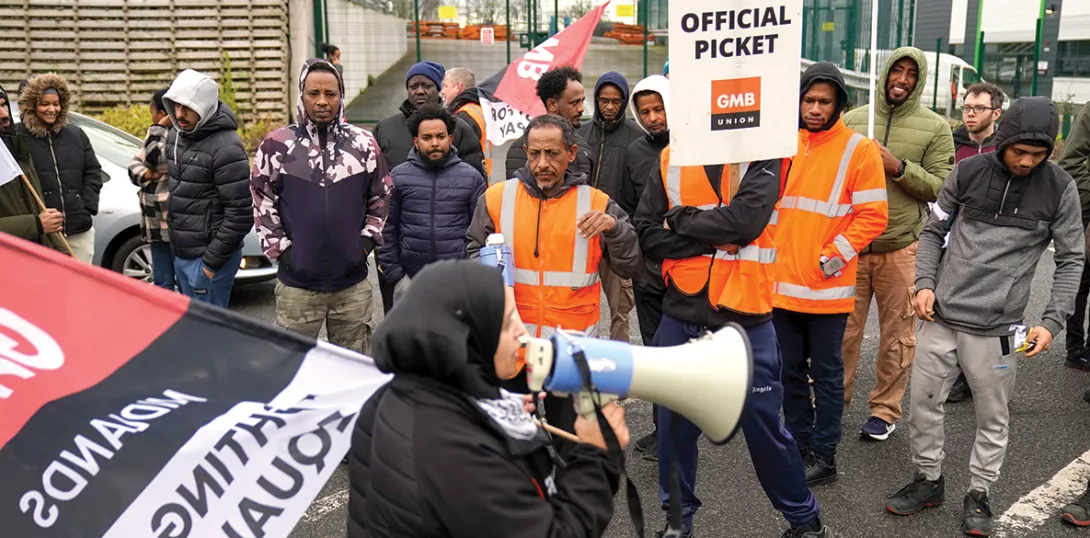
Policies that favour the workers are not won in Parliament, they are won in the workplace, argues KIM JOHNSON

KIM JOHNSON MP explains why a simple change to the law could keep many innocent people out of prison

We know the Conservatives stand for cuts, destitution, and hungry children – it’s time for Labour to announce the policies that will do the opposite, writes KIM JOHNSON MP
Similar stories
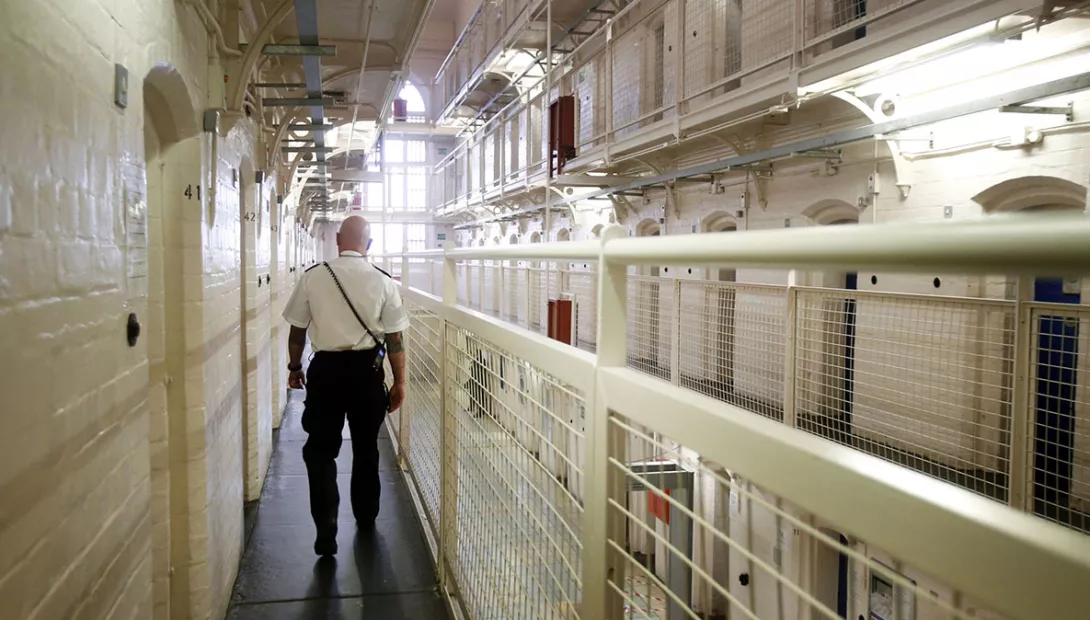
Tory austerity triggered a crisis in our jails and only a decisive break from the past can turn this around, explains STEVE GILLAN










